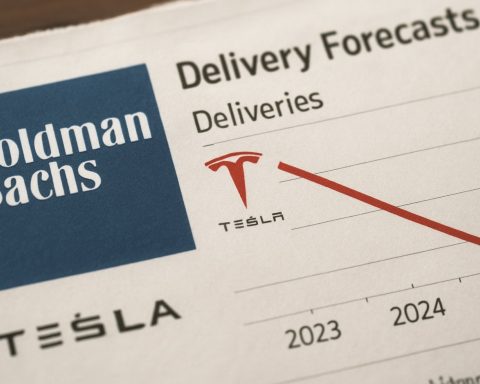Decentralized - Page 38
Decentralized refers to a system or organization that distributes authority, control, or functionality away from a central location or governing body. Instead of relying on a single central entity to make decisions or hold power, decentralized systems operate through multiple nodes or participants, each with some level of autonomy. This structure can enhance resilience, reduce the risk of failure at a single point, and promote greater transparency, as processes and decision-making are shared among many rather than concentrated in one place. Decentralization is a key principle in various fields, including technology (such as decentralized networks or cryptocurrencies), governance (where power is shared among local entities), and organizational management (where teams operate independently). Overall, decentralization emphasizes collaboration and distributed leadership, seeking to foster more inclusive and adaptable systems.















